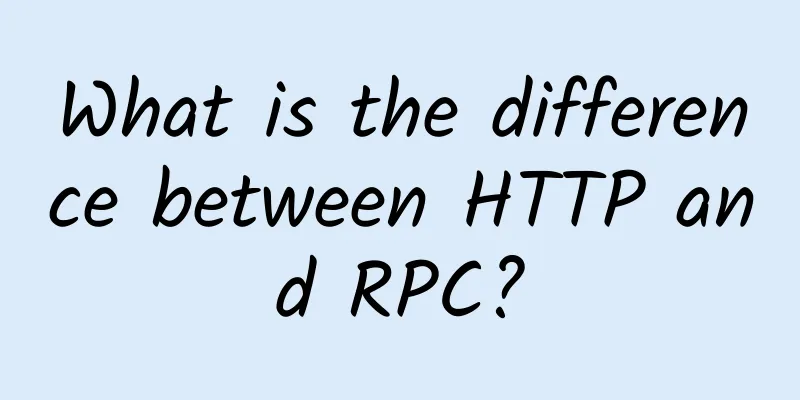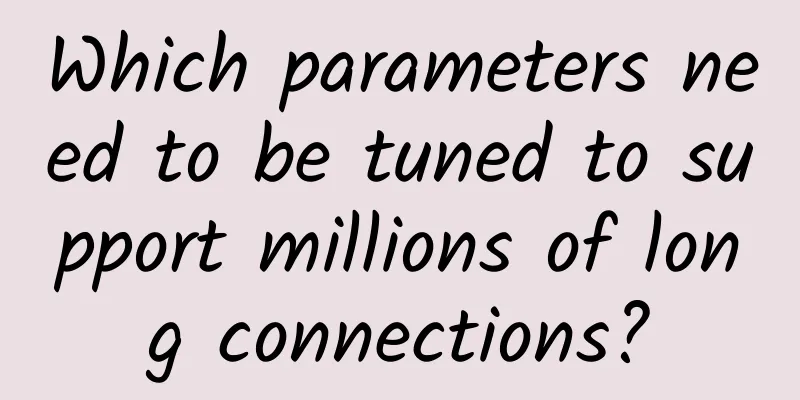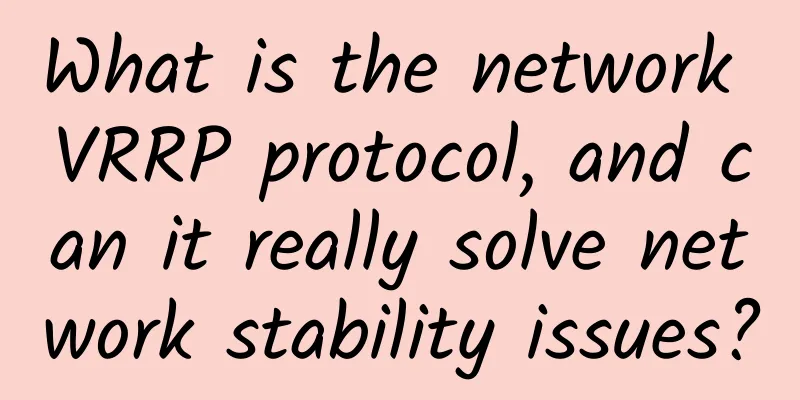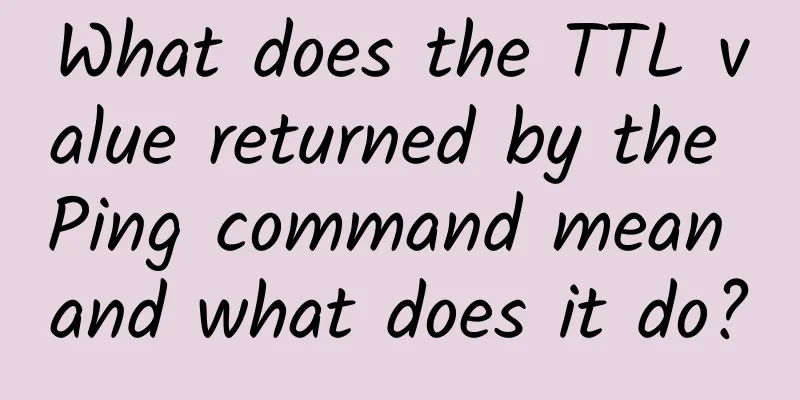What is the difference between HTTP and RPC?

|
HTTP (Hyper Text Transfer Protocol), also known as Hypertext Transfer Protocol, is an application layer protocol used to exchange data between web browsers and web servers. Through HTTP, web browsers can send requests to web servers and get responses, thereby accessing and transmitting web pages. HTTP uses TCP as the transport layer protocol and adopts a request-response model for communication. RPC (Remote Procedure Call), also known as remote procedure call, allows the client to call an object on a remote computer without knowing the details of the call, just like calling an object in a local application. The RPC calling protocol usually includes a transmission protocol and a serialization protocol. RPC is not a specific protocol, but a calling method. It has no specific implementation. As long as the framework is implemented according to the RPC communication protocol specification, it belongs to RPC, such as Dubbo, gRPC, etc. Overall, there are five main differences between HTTP and RPC: 1. Based on different communication protocols, HTTP can only be based on HTTP protocol, while RPC can be based on HTTP, TCP and UDP protocols. 2. The calling methods are different. The HTTP interface is called through a URL, and the RPC interface is called through a function call. 3. Different usage scenarios. HTTP is mainly used in B/S architecture and is the basis of data communication on the World Wide Web. It serves the data transmission between the web page and the server. RPC is more used in C/S architecture and is mostly used in the internal clusters of distributed systems, such as cloud computing, microservice architecture, distributed databases, etc. It can make remote calls between different services, thereby realizing the collaboration of distributed systems. 4. In terms of transmission efficiency, RPC uses a custom TCP protocol, and the request message size is smaller, which can effectively reduce the message size and improve transmission efficiency. However, HTTP requests contain a lot of useless content. 5. In terms of performance, the RPC protocol usually uses binary encoding to transmit data. Compared with the text transmission of the HTTP protocol, RPC has higher performance and efficiency. The RPC protocol usually adopts efficient serialization and deserialization technology, which reduces the size and overhead of data transmission and improves the speed and response time of communication. |
<<: A brief discussion on common tunneling technologies: IPSec
Recommend
F5: Now is the time for digital transformation
On February 1, 2018, the annual core media commun...
How can operators easily get on the battlefield in the 5G era? 4.5G will take on the heavy responsibility
With the arrival of 5G, maintaining 2G, 3G, 4G, a...
What will 5G replace?
[[411646]] What will 5G replace? 5G's lightni...
Wi-Fi 6 deployment exceeds 5G, will Wi-Fi 6 become the next generation of wireless network?
In addition to popular devices such as smartphone...
Illustrated Network: Uncovering the principle behind TCP's four waves, combined with the example of a boyfriend and girlfriend breaking up
In this section, Rui Ge will continue to show you...
Interviewer: What is your understanding of Git Rebase and Git Merge? What are the differences?
[[417941]] This article is reprinted from the WeC...
2018 World Internet of Things Expo press conference held in Beijing
Today, the global Internet of Things era is leadi...
HostKvm Spring Special Offer: $48/year KVM-4G/40GB/1TB/Hong Kong Data Center
After the Chinese New Year, HostKvm sent a specia...
Future Development Path of Home Broadband Infrastructure
Part 01: Background China Mobile Group has furthe...
The Matter protocol is rising rapidly. Do you really understand it?
The topic we are going to talk about today is rel...
RackNerd adds 5 new data centers in San Jose, Dallas, etc., with 2G memory packages starting at $25 per year
Yesterday I received an email from RackNerd, sayi...
HostKvm Newly Offers 30% Off Los Angeles CN2 Line VPS, 20% Off All Sitewide
HostKvm was founded in 2013 and currently provide...
RAKsmart: New AS9929 line in Los Angeles, dedicated server/cloud server/VPS options starting from $1.95/month
RAKsmart recently added China Unicom AS9929 line ...
Verizon expands Ultra Wideband 5G and 5G Home Internet to new cities
Verizon, the US telecom operator, recently announ...









